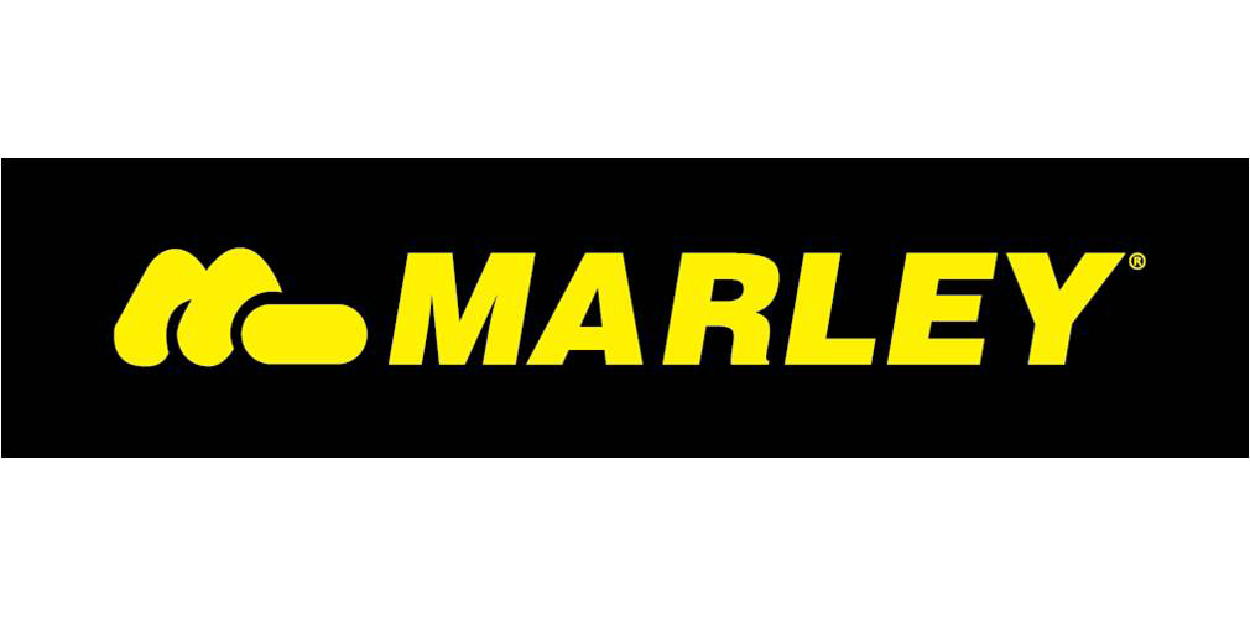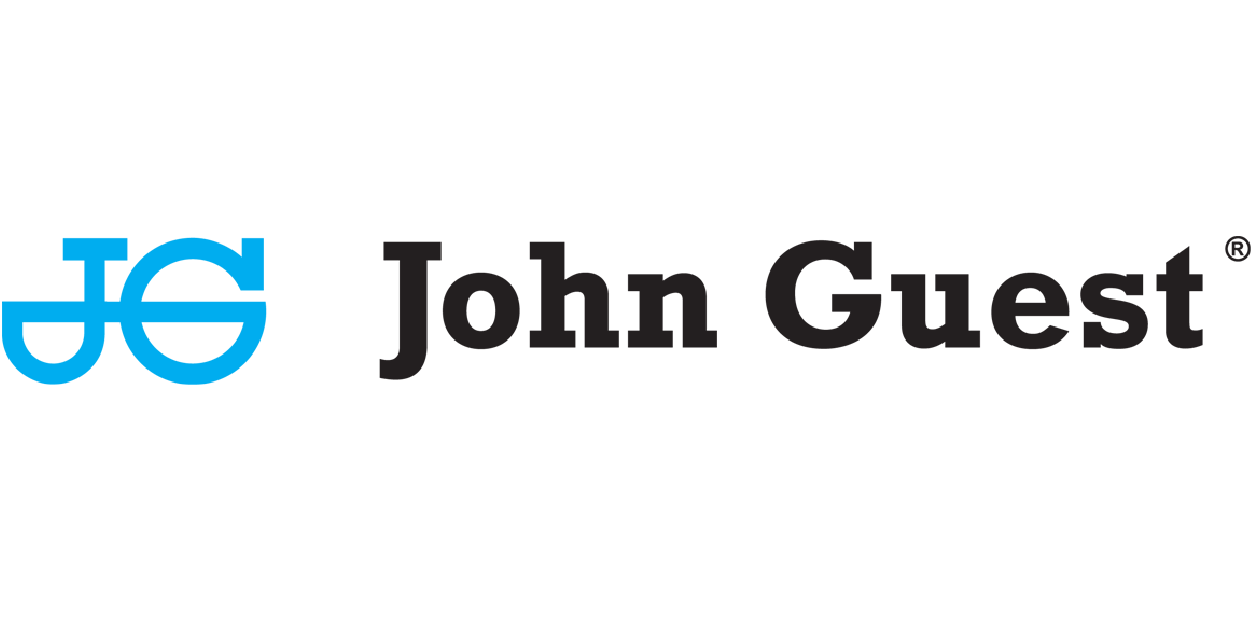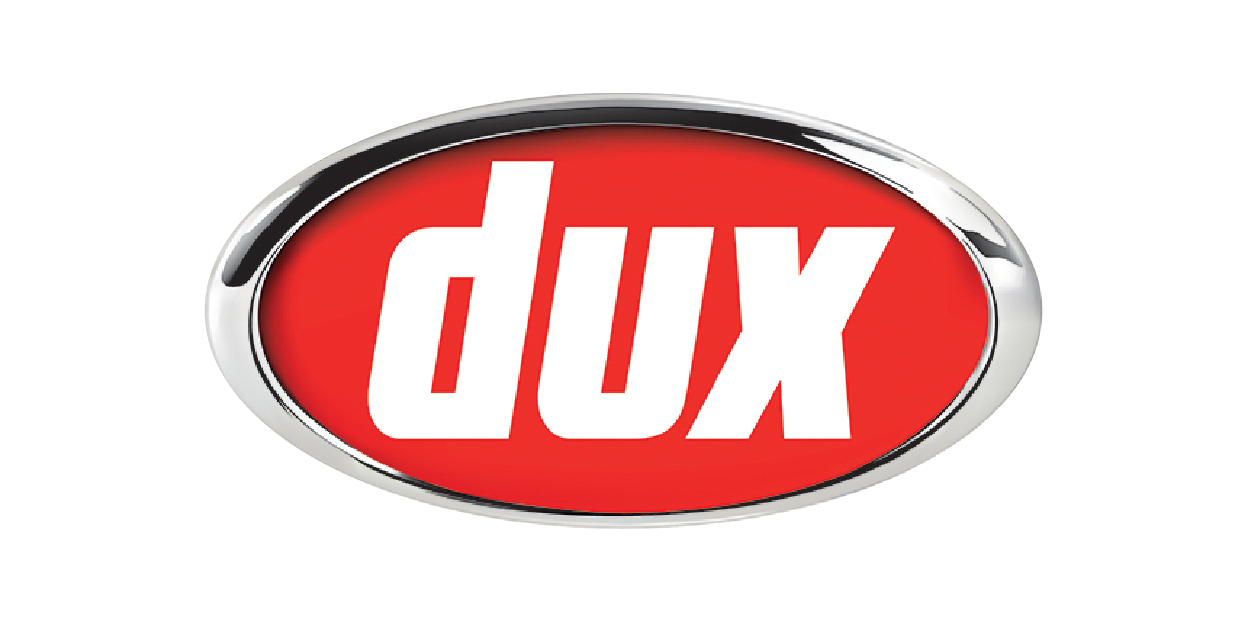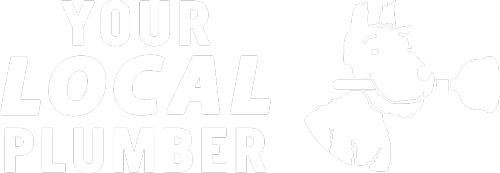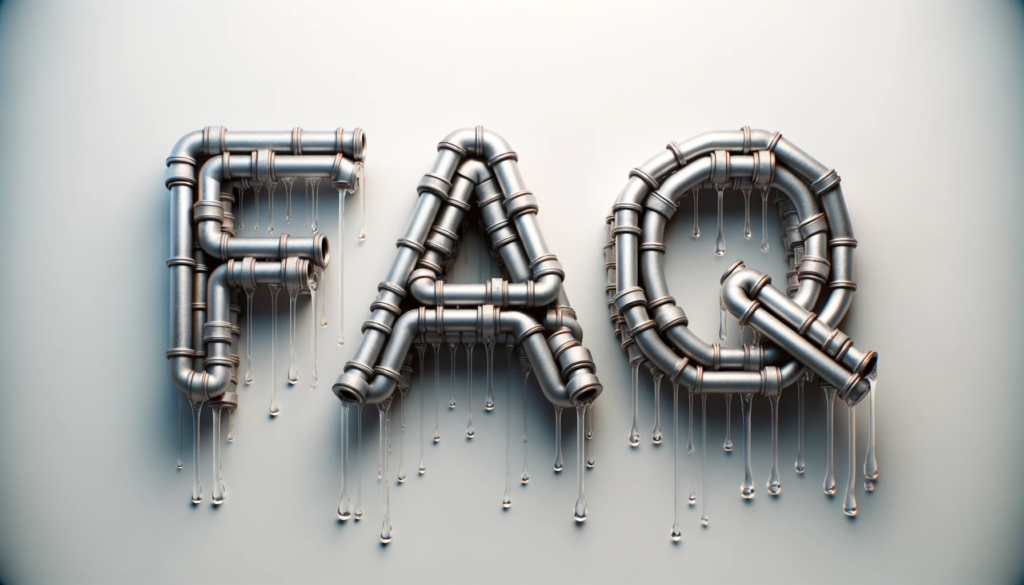
Call Today 09 973 4973 or
Water leak detection is the process of identifying and locating leaks in a water supply system. This process is crucial for maintaining the integrity of the system and preventing water waste, property damage, and potential health risks.
Detecting water leaks is essential to prevent significant property damage, conserve water resources, ensure safety and health, and save money on utility bills and repairs. Undetected leaks can lead to structural damage, mould and mildew growth, increased water bills, and even health and safety hazards in the case of sewer leaks.
Common signs of water leaks include an unexpected increase in water usage, damp spots on floors, walls or ceilings, mould and mildew growth, a sudden drop in water pressure, and the sound of running water when all taps are off.
Water leaks can cause severe damage to your property, including structural damage to the building, mould and mildew growth, and deterioration of the building materials. If left unchecked, water leaks can also lead to an increase in water bills and costly repair work.
All types of properties, including residential homes, commercial buildings, and municipal facilities, can benefit from water leak detection services. Any property that has a water supply system is at risk of developing leaks and should therefore consider regular leak detection checks.
Professional leak detection involves using advanced technology and methods to accurately locate leaks. This might include acoustic leak detection, thermal imaging, tracer gas detection, or video pipeline inspection, among others. The process is typically non-invasive and can accurately pinpoint the location of a leak without causing property damage.
Several technologies are used in water leak detection. These may include acoustic sensors, which listen for the sound of leaking water, thermal imaging cameras, which detect changes in temperature caused by water leaks, and tracer gas detectors, which identify leaks by detecting a gas that has been introduced into the plumbing system.
The duration of a leak detection process can vary greatly depending on the size and complexity of the property, the type of leaks suspected, and the methods used for detection. It could take anywhere from a few hours to an entire day.
Yes, with the help of advanced technology, professional leak detectors can identify leaks that are hidden behind walls or under the floor. These non-invasive methods allow professionals to locate leaks without causing damage to the property.
Non-invasive leak detection refers to techniques that can accurately locate leaks without needing to dig or drill into the property. These methods, which often involve the use of advanced technology such as acoustic sensors or thermal imaging cameras, allow professionals to detect leaks quickly and efficiently, minimising disruption and preventing unnecessary property damage.
Professional leak detection services utilise state-of-the-art technology and experienced technicians, offering a high degree of accuracy. While the exact level of precision can depend on the method used and the specifics of the leak, professional services typically provide reliable results, reducing the chance of unnecessary excavation or property damage.
Absolutely, leaks can result in a significant increase in your water bill. Even a small leak can waste a large amount of water over time, leading to higher utility costs. Detecting and repairing leaks promptly can help keep your water bill in check.
Response time can depend on several factors including the service provider’s availability and the urgency of the situation. Many leak detection services offer emergency response for severe leaks, which can result in a faster response time.
The cost of a leak detection service can vary widely depending on the nature of the leak, the complexity of the job, and the company’s pricing structure. It’s always recommended to get a clear estimate from the service provider before commencing any work.
Many professional leak detection services can provide detailed reports of their findings, which can be useful when making an insurance claim related to water damage. Some companies may also offer assistance in dealing with insurance companies.
Once a leak is detected, the next step is usually to determine the most effective repair method. This can depend on the location, size, and nature of the leak. After assessing the situation, the service provider will typically offer a repair solution and provide an estimate for the repair work.
Professional leak detection services often include the capability to detect leaks in swimming pools. Using specialised equipment, technicians can identify and locate leaks in the pool structure, plumbing, or accessories.
Yes, even small leaks can cause significant damage over time if left untreated. Continuous water leakage can lead to structural damage, promote mould growth, and waste substantial amounts of water. Early detection and repair of even minor leaks are crucial to prevent more serious damage.
The frequency of checks can depend on various factors such as the age of your property and plumbing system, the quality of the installations, and previous leak history. In general, it’s a good practice to monitor your water bill for any unexplained increases and perform a visual inspection of your property periodically. If you suspect a leak, it’s best to contact a professional leak detection service promptly.
While some leaks may be apparent due to visible water damage or pooling, others can be more challenging to identify without professional help. Homeowners can look for signs such as unexpected increases in water bills, damp spots on walls or floors, mould growth, or the sound of running water when all taps are off. However, for accurate detection and resolution, consulting with professionals is recommended.
The frequency of checks can depend on various factors such as the age of your property and plumbing system, the quality of the installations, and previous leak history. In general, it’s a good practice to monitor your water bill for any unexplained increases and perform a visual inspection of your property periodically. If you suspect a leak, it’s best to contact a professional leak detection service promptly.
Yes, even small leaks can cause significant damage over time if left untreated. Continuous water leakage can lead to structural damage, promote mould growth, and waste substantial amounts of water. Early detection and repair of even minor leaks are crucial to prevent more serious damage.
Professional leak detection services often include the capability to detect leaks in swimming pools. Using specialised equipment, technicians can identify and locate leaks in the pool structure, plumbing, or accessories.
Once a leak is detected, the next step is usually to determine the most effective repair method. This can depend on the location, size, and nature of the leak. After assessing the situation, the service provider will typically offer a repair solution and provide an estimate for the repair work.
Many professional leak detection services can provide detailed reports of their findings, which can be useful when making an insurance claim related to water damage. Some companies may also offer assistance in dealing with insurance companies.
The cost of a leak detection service can vary widely depending on the nature of the leak, the complexity of the job, and the company’s pricing structure. It’s always recommended to get a clear estimate from the service provider before commencing any work.
Response time can depend on several factors including the service provider’s availability and the urgency of the situation. Many leak detection services offer emergency response for severe leaks, which can result in a faster response time.
Absolutely, leaks can result in a significant increase in your water bill. Even a small leak can waste a large amount of water over time, leading to higher utility costs. Detecting and repairing leaks promptly can help keep your water bill in check.
Yes, leaks can create damp conditions that promote the growth of mould and other fungi. Exposure to mould can cause a variety of health problems, especially in individuals with respiratory conditions or weakened immune systems. Symptoms can include sneezing, runny nose, red eyes, and skin rash. In severe cases, mould exposure can lead to more serious conditions such as asthma or pneumonia.
Professional leak detection services have the tools and expertise to locate leaks in multi-story buildings. Whether the leak is on the first floor or the tenth, modern detection methods can accurately pinpoint its location with minimal disruption to the property.
Yes, leak detection services are not limited to residential properties. Commercial buildings, with their often more complex plumbing systems, can also benefit from professional leak detection. These services can handle the unique challenges presented by commercial properties.
Many professional leak detection services can detect leaks in underground pipes. Using techniques such as acoustic detection, ground penetrating radar, or tracer gas, they can locate leaks without the need for extensive excavation.
Yes, a leak detection service can identify multiple leaks within a property. Using advanced technology and methods, these professionals can detect and locate all existing leaks, helping to ensure that all issues are addressed in the repair process.
Preventing water leaks starts with regular maintenance of your plumbing system. This includes checking for signs of corrosion or damage, monitoring your water bill for unexplained increases, and having professional inspections conducted periodically. Installing water-saving appliances and fixtures can also help reduce pressure on your plumbing system, lowering the risk of leaks.
Common causes of water leaks include corrosion of pipes, faulty pipe joints, changes in temperature causing pipes to expand or contract, high water pressure, and tree root intrusion. Additionally, leaks can often occur in older properties where the plumbing system has deteriorated over time.
Water leaks can happen at any time of the year, but they may be more common during the colder months due to the risk of pipes freezing and bursting. Additionally, changes in soil moisture due to seasonal rainfall can also affect underground pipes, potentially leading to leaks.
While both involve water escaping from the plumbing system, the key difference is the size and severity of the issue. A water leak refers to water slowly dripping or flowing from a small hole or crack in a pipe. A pipe burst is a much more severe problem, where the pipe has ruptured, causing a significant amount of water to escape rapidly.
Yes, many professional leak detection services can detect leaks in irrigation systems. These systems can often develop leaks due to factors such as wear and tear, ground movement, or damage from gardening activities. Detecting leaks in an irrigation system can help ensure efficient water usage and maintain the health of your landscape.
The speed at which a leak can cause significant damage varies depending on the size and location of the leak. A small leak may take weeks or even months to cause visible damage, while a larger leak can cause significant damage within a matter of hours. However, it’s essential to remember that even small, slow leaks can cause considerable harm over time, including structural damage and mould growth.
Most professional leak detection services also offer leak repair. Once the leak has been accurately located, they can use various methods to address the problem, from simple sealant applications to pipe replacement. However, the specific repair services offered may vary depending on the company and the complexity of the leak.
If you suspect a leak in your toilet, a simple test is to add a few drops of food colouring to the toilet tank. Wait for about 10-15 minutes without flushing the toilet. If the colour appears in the toilet bowl, it indicates a leak.
Yes, leak detection services can often identify leaks in a property’s exterior, including irrigation systems or outdoor plumbing fixtures. These leaks can lead to water waste and landscape damage, so their early detection is important.
Most professional leak detection services will provide a detailed report after completing their work. This report typically includes the location and severity of the leak, the methods used for detection, and recommended next steps for repair.
Several factors can influence the cost of a leak detection service, including the size and location of the leak, the complexity of the job, the need for any additional repairs, and the rates of the particular service provider.
While some companies offer online quotes for their leak detection services, others may require a call or a visit to accurately assess the situation and provide a fair estimate.
Many leak detection companies offer emergency services, recognizing that leaks can occur at any time and can quickly cause significant damage. These services are available 24/7 to ensure prompt response and mitigation of the issue.
Your water meter can be a useful tool in detecting leaks. By turning off all water-using appliances and fixtures and then checking the meter, you can see if it continues to run, indicating a potential leak.
Leak detection services can often identify leaks in household appliances. Leaks in these appliances can lead to water waste and potential water damage, so early detection is crucial.
Yes, leak detection services can be incredibly valuable in new constructions or remodels. They can help identify any leaks that may have occurred during the construction process before they cause significant damage.
Silent leaks, or leaks that aren’t immediately visible, can often be identified through an unexpected increase in your water bill, the sound of running water when all fixtures are off, damp spots or mould growth, or a decrease in water pressure
Yes, professional leak detection services often have the equipment and expertise to detect leaks in gas lines. This is a critical service, as gas leaks can pose severe safety risks, including fire and carbon monoxide poisoning.
Before a leak detection appointment, it’s helpful to clear the area around the suspected leak to provide easy access for the specialist. If the leak is somewhere hard to reach, like behind a large appliance or within a packed closet, moving items out of the way in advance can expedite the process. It’s also helpful to provide any relevant details about the leak and your plumbing system to the specialist.
Scheduling a leak detection service typically involves contacting the service provider directly via phone or their website. Some companies offer online booking systems for added convenience. When scheduling, you’ll typically need to provide some basic information about your property and the nature of the problem.
Many professional leak detection services offer warranties or guarantees on their work. This can provide assurance that if the identified leak isn’t the source of the problem, they will return to reassess at no additional cost. Specific terms and conditions will vary, so it’s best to ask the service provider directly.
Yes, some leak detection services can identify leaks in a home’s foundation. These leaks can result from plumbing issues or external factors like groundwater intrusion. Detecting these leaks early can prevent more significant structural damage.
Signs of a leak in your water heater can include water pooling around the base of the unit, a sudden drop in the unit’s performance, or an unexplained increase in your water bill. If you notice any of these signs, it’s advisable to contact a professional to assess the situation.
Professional leak detection services use non-invasive techniques to locate leaks, minimising the potential for property damage. They also follow strict safety protocols to protect both the property and its occupants during the process. This can include wearing protective equipment, avoiding unnecessary disturbances to the property, and cleaning up after the work is completed.
Professional leak detection specialists typically have extensive training in using various detection methods and technologies. They also have a deep understanding of plumbing systems and building structures. Additionally, many specialists have certifications from recognized industry bodies, ensuring they are up-to-date with the latest techniques and safety standards.
Suppliers
